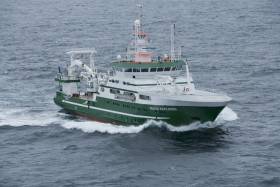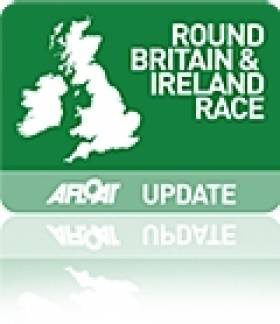Displaying items by tag: Virtual
Take A Virtual Tour On Board The Celtic Explorer
#RVCelticExplorer - Pay a visit on board Ireland’s national marine research vessel wherever you are, thanks to a new immersive 360-degree virtual tour of the RV Celtic Explorer courtesy of the Marine Institute.
Conor Purcell writes in New Scientist on the top attractions aboard the busy marine science vessel, including its wet and dry labs, the tech-filled bridge, its sensor-studded drop keel and even the chief scientist’s cabin.
The RV Celtic Explorer most recently returned from its ‘health check’ of the Atlantic Ocean, which suggests a greater penetration of CFCs in the deeper ocean since the late 1990s.
If this tour whets your appetite, you can still pay a virtual visit to Hook Lighthouse among other coastal locations in Ireland.
ISORA 2012 Looking at Trackers and 'Virtual' Marks
The moves come as the offshore body goes from strength to strength on the Irish Sea, recruiting more boats to venture out of Dublin Bay and to try longer distance races. It is a reversal of fortunes for offshore sailing that had been vitally wiped out just a few years ago.
The idea for the new marks sprung from last years' Lyver Race from Liverpool Yacht Club where a virtual mark was successfully used as a mark on the course (i.e. coordinates only).
The problem for ISORA though, with the exception of M2 buoy, is most of the marks used in ISORA raeces are within five to seven miles of the Irish coast and there are no marks off the Welsh coast.
Using virtual marks further off the coast would greatly help in setting courses that are not just long reaching legs. The day races, particularly from Dun Laoghaire could be far more interesting.
One of the problems about using the virtual marks though is the question of "how do you ensure that all boats have rounded the mark?"
The boats in the Lyver race had trackers fitted but ISORA commodore Peter Ryan says his experience of watching several boats round the 'mark' was that they tended to take it 'wide'.
Ryan is looking into the possibility of "obtaining" a set of trackers that could be used for all ISORA races.
Another suggestion is that a photograph could be taken on a mobile phone of the boat's GPS display at the time of the rounding. The photo would then be sent by SMS to the race office as part of the normal finish time declaration.
The feasibility of such a move is just one of the items on the agenda at the association's agm on November 19th at the National Yacht Club in Dun Laoghaire, a highlight of the offshore year.
Offshore Sailors Consider 'Virtual Marks' for 2012 Fixtures
Taking a lead from this year's Lyver offshore sailing race, when Liverpool Yacht Club used a "virtual" waypoint as a mark on the course, ISORA may include this type of mark in future races, that's according to Commodore Peter Ryan. His comments come in a plea to members for feedback before the 2012 ISORA calendar is set at the ISORA agm on November 19th. Virtual marks would be a means to ensure that the offshore fleet get true upwind legs and still have reasonable length races.
It would, says Ryan of Dun Laoghaire's National Yacht Club, also facilitate the shortening of the day races. 'We have been around Rockabill so often over the last few years that the bird life there think we are residents!' he adds.
Virtual Round Britain and Ireland Attracts 4,000 Players
Go to the Royal Ocean Racing Club's race minisite and click on the Virtual Race button to get started: http://sevenstar.rorc.org/



























































